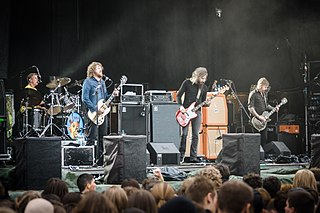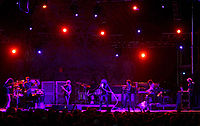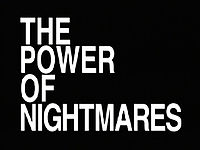Lists









9 Music Artists
Bedtime/Relax
Sort by:
Recent Desc
classical music for relaxation
More lists by Matthew Olsen



Singers To Checkout
List includes: James TW, Freya Ridings, Mitch James
December 2024
0
@matthewrolsen81



Podcasts
List includes: American Hysteria, The Scathing Atheist, Opening Arguments
April 2023
0
@matthewrolsen81



Comedy Podcasts
List includes: This Past Weekend, Your Mom's House with Christina P. and Tom Segura, Ari Shaffir's Skeptic Tank
April 2023
0
@matthewrolsen81



best punk rock bands
List includes: The Flatliners, The Bouncing Souls, The Falcon
October 2022
0
@matthewrolsen81
People to read
List includes: Al Franken, Christopher Hitchens, Noam Chomsky
July 2022
0
@matthewrolsen81



just some great bands I love
Everything from punk rock to hip hop to pop. I'd like to think that the list is full of bands/people that do it better than most of their contemporaries. Most of the music has resonated with me at some level or in some time of my life. What would the soundtrack of your life sound like?
April 2022
0
@matthewrolsen81



Great Music-multifarious and eclectic yet far out there
Rando artists that don't assimilate to what would be considered "the norm". Spans from hip-hop to punk rock and lots between.
April 2022
2
@matthewrolsen81


movies to watch
List includes: Avatar, Hancock, Sherlock Holmes
June 2021
0
@matthewrolsen81



shows I want to watch
List includes: The 10th Kingdom, The Power of Nightmares, The Librarians
July 2020
0
@matthewrolsen81


